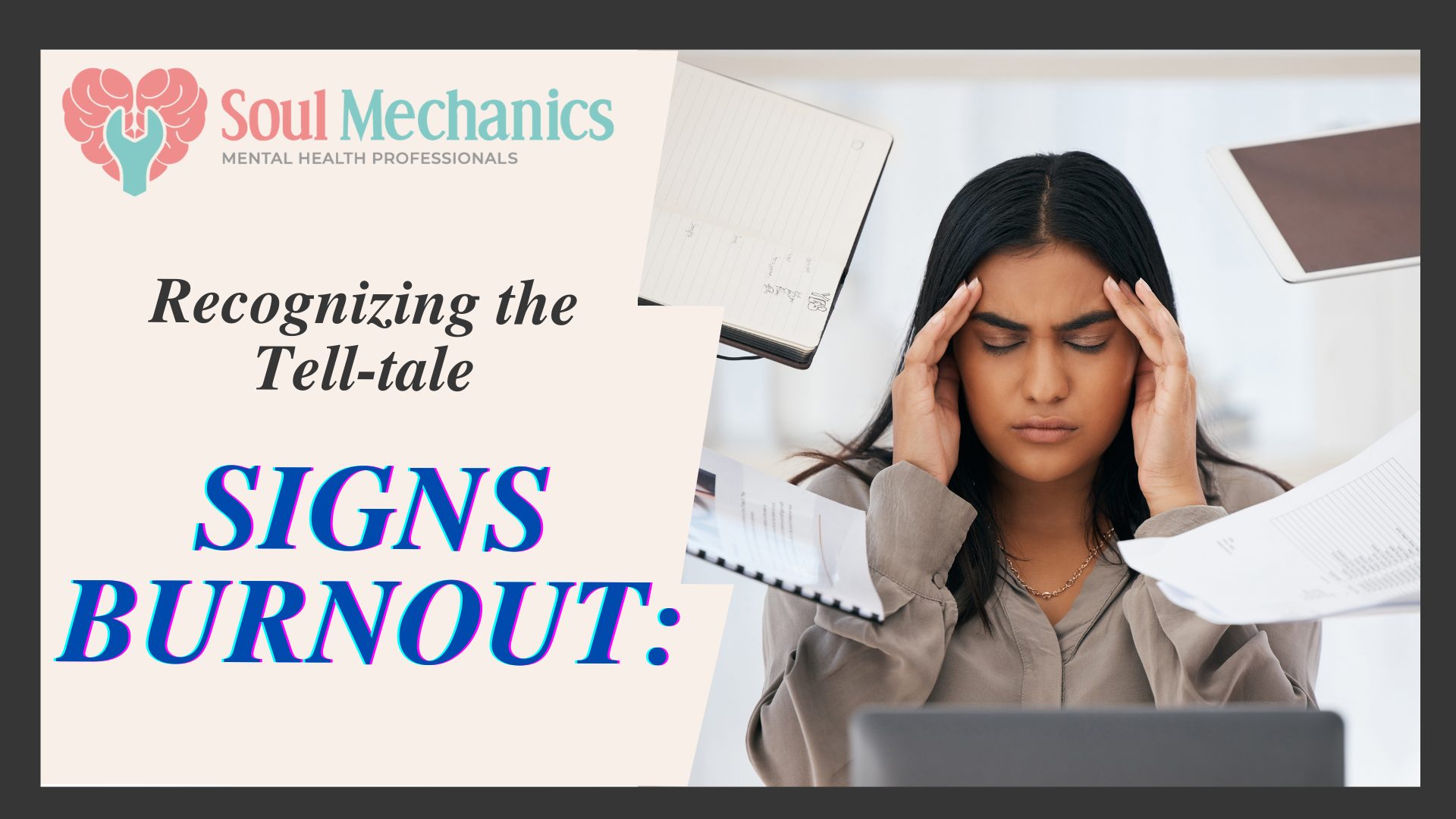Burnout: Recognizing the Tell-tale Signs of Burnout
Burnout: Recognizing the Tell-tale Signs of Burnout

Written By: Kelly Chan Jia Li, Clinical Psychologist (MAHPC(CP)00353)
Many of us juggle various responsibilities in today's fast-paced world, from work demands to personal commitments. It is not uncommon for individuals to push themselves to the limit, but sometimes, this can lead to burnout. Burnout is a state of emotional, mental, and physical exhaustion caused by prolonged stress. In this article, we will explore the signs of burnout and provide examples to help you identify when it may be time to pause and prioritize self-care.

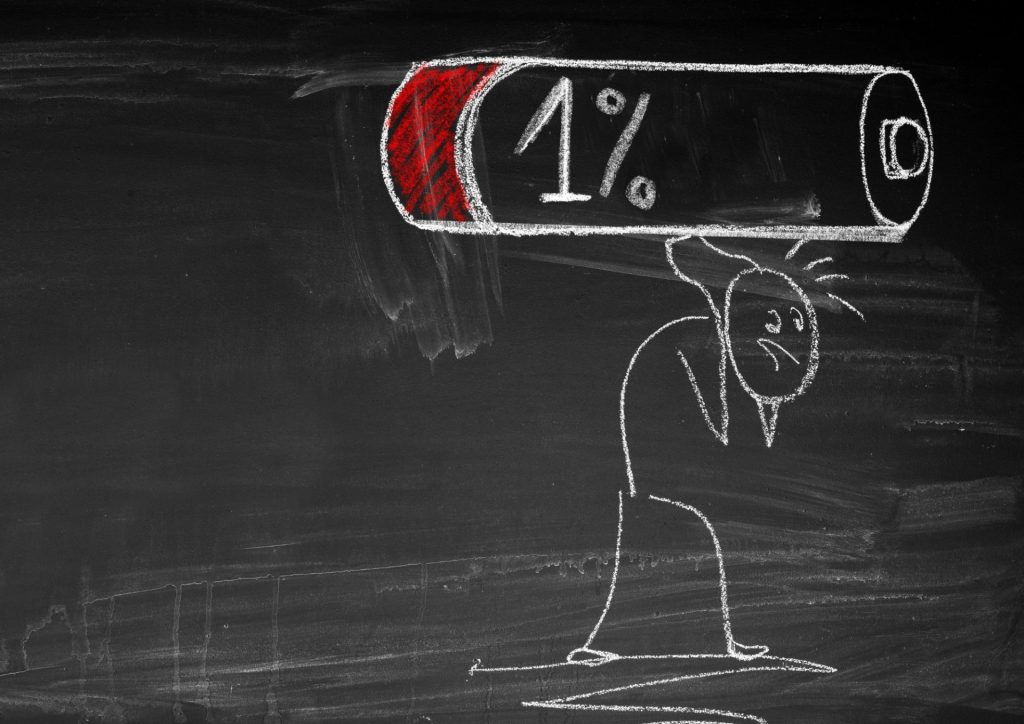
Signs of burnout
1.0 Chronic Fatigue and Lack of Energy
One of the early signs of burnout is persistent fatigue that does not improve with rest. You might feel tired even after a whole night's sleep, and the exhaustion can extend into your daily activities. If you feel consistently physically and mentally exhausted, and this exhaustion persists despite adequate rest, you may be experiencing burnout.
Example: Jane Doe, a marketing professional, used to be enthusiastic about her job. However, as her workload increased, she felt constantly tired mentally and physically. Even after a relaxing weekend, she dreaded Monday mornings and struggled to keep up with her responsibilities.
2.0 Decreased Performance and Productivity
Burnout often leads to a decline in performance and productivity. You may notice that once manageable tasks become overwhelming, and your ability to focus diminishes. Procrastination and a sense of inefficiency can become prevalent, impacting your overall work quality.
Example: Meet John Doe, an IT professional known for his problem-solving skills. As burnout crept into his life, he found himself making more errors in his code and missing deadlines.
3.0 Emotional Exhaustion and Detachment
Burnout is not just physical; it also takes a toll on your emotional well-being. You may feel emotionally drained, experiencing a sense of hopelessness or helplessness. Emotional exhaustion can manifest as irritability, mood swings, or a general feeling of detachment from others.
Example: Jane noticed a shift in her emotions. She once looked forward to work, but burnout left her emotionally drained. She began to feel detached, irritable, and overwhelmed by the thought of another day working.
4.0 Changes in Sleep Patterns
Burnout often disrupts normal sleep patterns. You may find it difficult to fall asleep, experience restless nights, or wake up feeling unrefreshed. Sleep disturbances can further contribute to fatigue and exacerbate the overall impact of burnout.
Example: John started experiencing difficulty falling asleep at night. His mind raced with thoughts about work, and he often woke up in the middle of the night, unable to go back to sleep. Over time, this lack of restful sleep took a toll on his overall well-being.
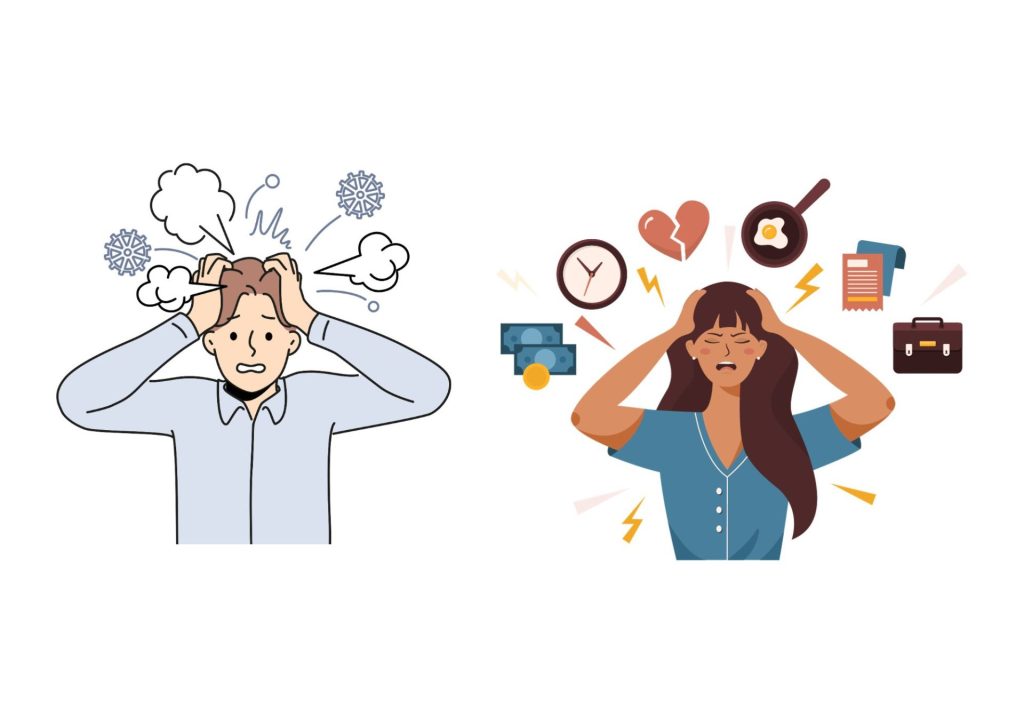
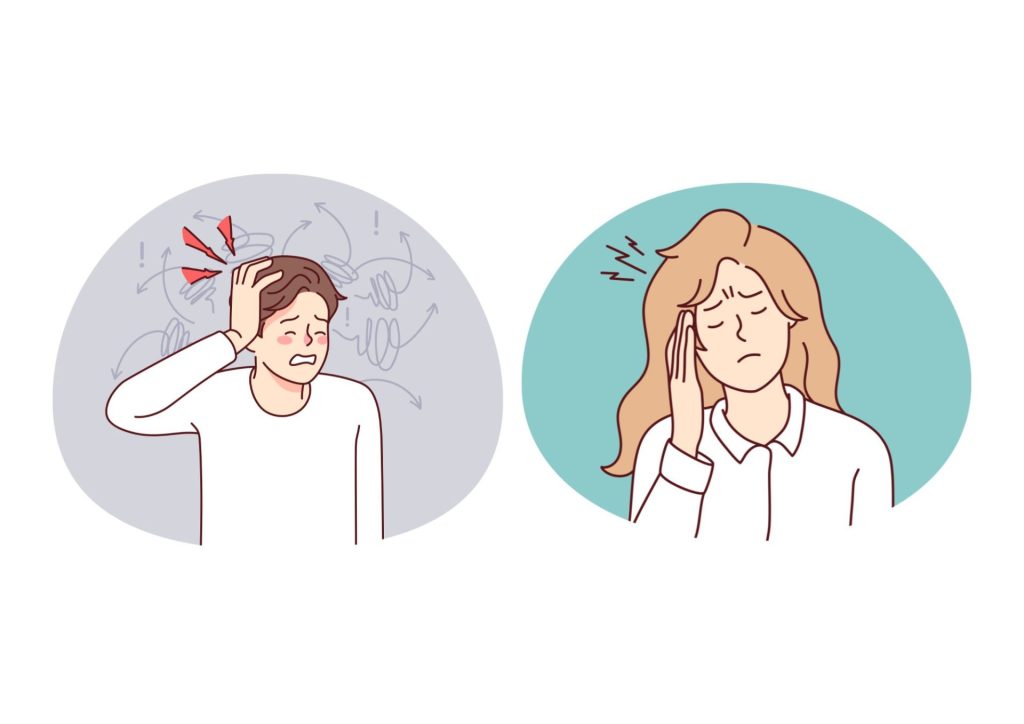
5.0 Physical Symptoms: Headaches, Aches, and Pains
Burnout does not just affect your mind and emotions; it can also manifest physically. Common physical symptoms include headaches, muscle tension, and stomach issues. These symptoms may be persistent and unrelated to any underlying medical conditions.
Example: Jane began experiencing frequent headaches and tension in her shoulders. Despite maintaining a healthy lifestyle, these physical symptoms persisted. It was only when she took a step back and recognized the signs of burnout that she understood the connection between her stress levels and physical discomfort.
6.0 Isolation and Withdrawal
Burnout can lead to a desire to withdraw from social interactions. You might find yourself avoiding friends, family, or colleagues, feeling overwhelmed by the thought of engaging with others. This withdrawal can contribute to a sense of loneliness and further impact your mental well-being.
Example: John used to enjoy team outings and socializing after work. However, as burnout took hold, he began declining invitations, preferring to spend evenings alone. His colleagues noticed the change and expressed concern about his well-being.
7.0 Cynicism and Negative Outlook
Burnout often leads to a negative mindset characterized by cynicism, pessimism, and a general sense of negativity. You may become more critical, pessimistic, or cynical about your work, relationships, and life. This negative outlook can further contribute to a cycle of stress and exhaustion.
Example: Jane used to have an optimistic outlook. However, as the demands of her role increased, she became increasingly cynical about the company's goals and her ability to make a meaningful impact.
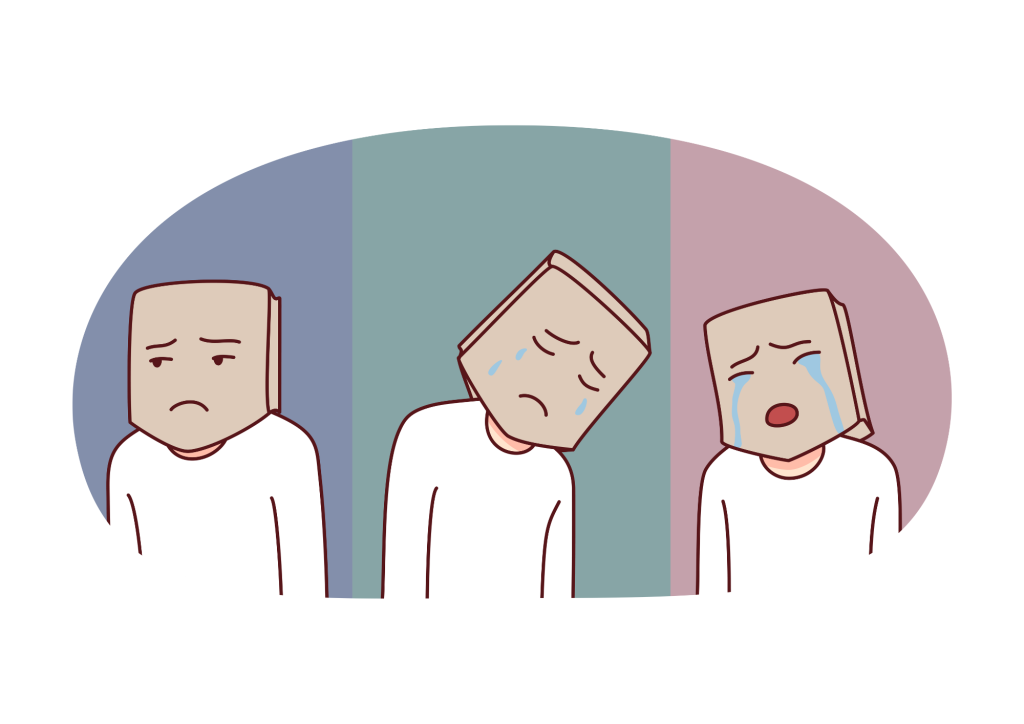
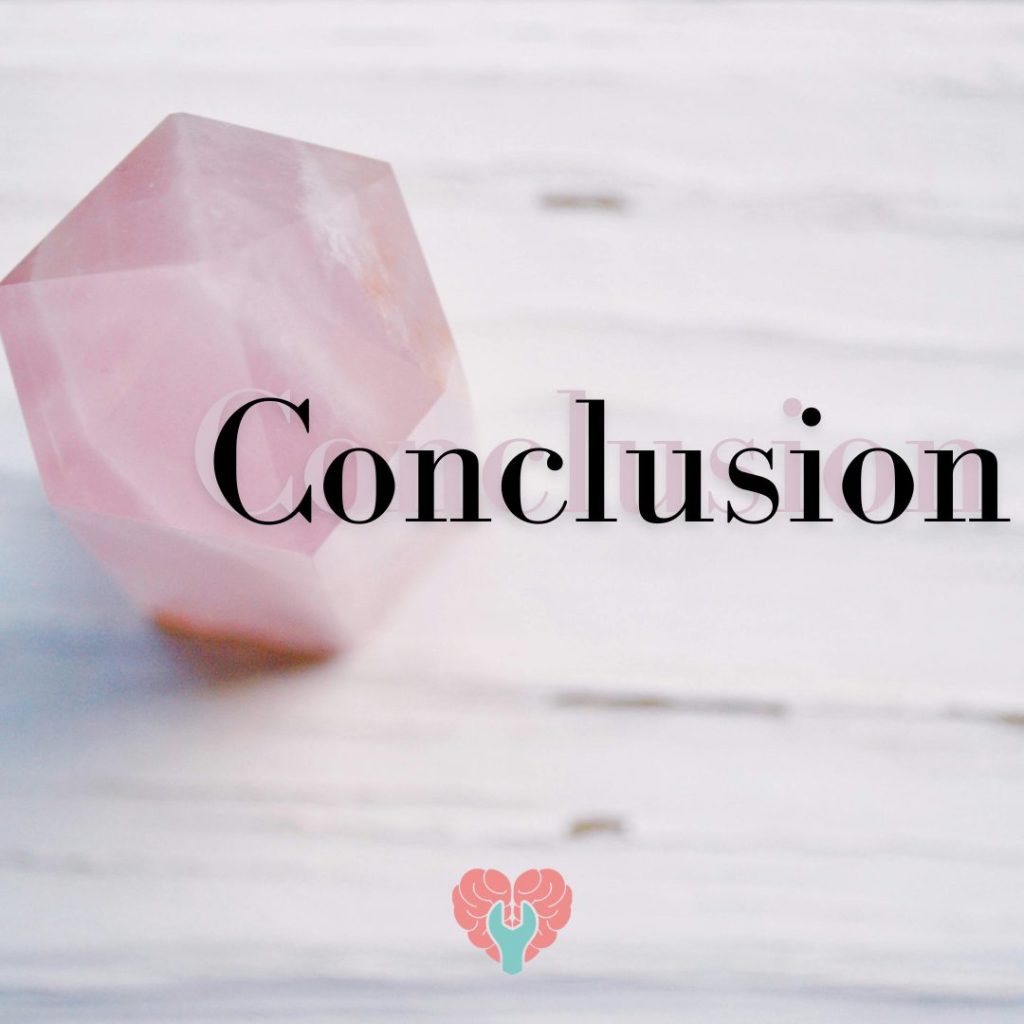
Recognizing the signs of burnout is crucial for maintaining overall well-being. If you identify with these examples and notice these signs in your life, it is essential to take steps to address burnout. This might involve setting boundaries, seeking support from friends or professionals, and prioritizing self-care. Remember, burnout is not a sign of weakness but an indication that it is time to reassess and prioritize your mental and physical health.
If you enjoyed reading this, why not broaden the horizon of knowledge by learning about "Gaslight: 4 Signs You Have Experienced Gaslighting"?
You can read the blog here.
For more content related to mental health do follow us on our official Instagram.

